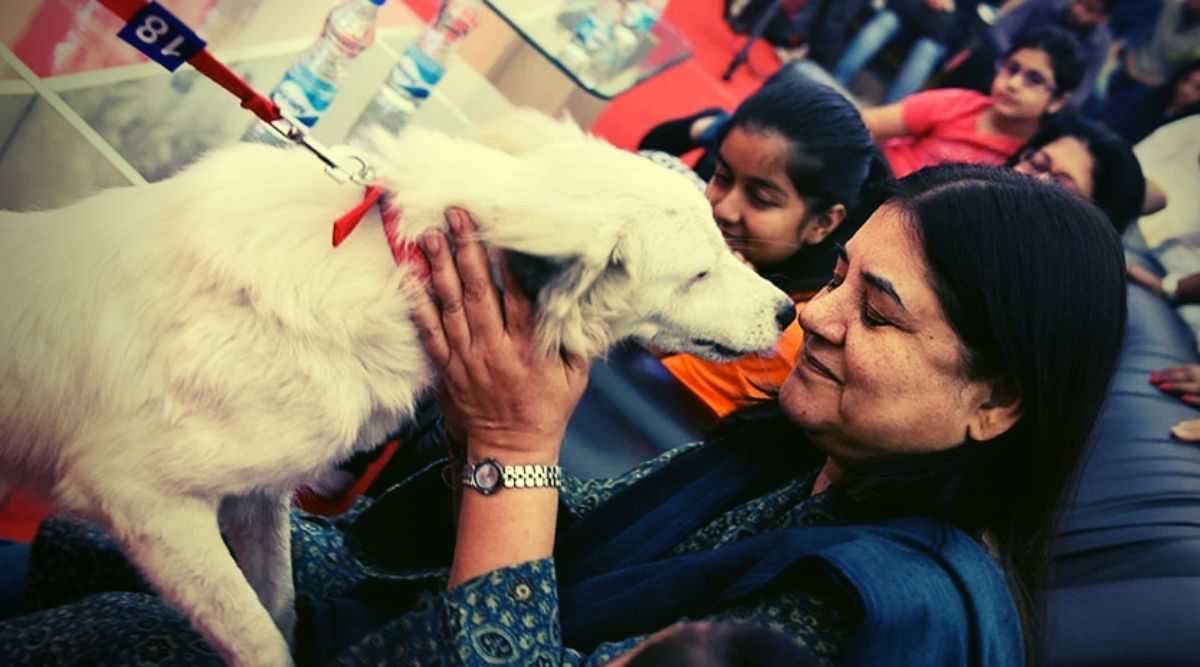Address
304 North Cardinal St.
Dorchester Center, MA 02124
Work Hours
Monday to Friday: 7AM - 7PM
Weekend: 10AM - 5PM

When Maneka Gandhi walks through the streets of any Indian city today, she sees a transformed landscape from the one she encountered three decades ago. In 1992, Gandhi founded People for Animals, now the largest animal rights organization in India. What began as a personal mission to protect India’s most vulnerable creatures has evolved into a nationwide movement that has fundamentally changed how the country approaches stray animal welfare and animal activism.
With over three decades of dedicated service to animal rights, Maneka Gandhi has established herself as India’s most influential voice in stray animal welfare. Her organization, People For Animals, operates across hundreds of locations nationwide, providing critical care and advocacy for millions of stray animals while challenging systemic cruelty through legal reform and grassroots activism.
Born into a distinguished Sikh family, Maneka Gandhi was born in a Sikh family to Lt. Col. Tarlochan Singh Anand and Amardeep Kaur Anand. Her journey into animal welfare began during a period of personal upheaval. Following her husband Sanjay Gandhi’s death in 1980, she channeled her grief into a cause that would define her life’s work.
Her entry into animal activism wasn’t gradual or tentative. Gandhi threw herself into the movement with the same intensity that would later characterize her political career. Maneka Gandhi is an Indian politician, animal rights activist, environmentalist, former model and widow of the Indian politician, Sanjay Gandhi. She has been a minister in four governments, and has authored a number of books in the areas of etymology, law and animal welfare.
The transition from personal loss to public service was marked by an increasing awareness of the systematic neglect and abuse of animals across India. This realization became the catalyst for what would become her life’s most significant contribution to Indian society.
Gandhi’s approach to animal welfare has been characterized by both grassroots activism and systemic change. Whilst serving India as a political member of the Bharatiya Janata Party (BJP), Gandhi founded India’s largest organisation for animal welfare, People For Animals. Her organization has established an unprecedented infrastructure for stray animal welfare across the country.
Under her guidance, PFA has established over 35 shelters across the country and spearheaded initiatives to promote animal welfare laws and enforcement. These shelters serve as critical lifelines for stray animals, providing medical care, rehabilitation, and adoption services. The network represents the largest coordinated effort for stray animal welfare in Indian history.
Her influence extended far beyond shelter operations. She founded People For Animals, which runs 36 free veterinary hospitals. These hospitals provide essential medical care to animals whose owners cannot afford treatment, addressing a critical gap in veterinary services across both urban and rural areas.
Gandhi’s work in government positions allowed her to influence policy at the highest levels. Under her leadership, CPCSEA members conducted unannounced inspections of laboratories using animals for scientific research. Her tenure as chairwoman of the Committee for the Purpose of Control and Supervision of Experiments on Animals demonstrated her commitment to protecting animals in research settings.
Her advocacy has consistently challenged established practices. In 1996, Gandhi protested the opening of the first McDonald’s restaurant in India, stating that “we don’t need cow killers in India” to justify her opposition. This bold stance exemplified her willingness to confront powerful commercial interests when animal welfare was at stake.
Today, Maneka Gandhi’s vision for stray animal welfare extends far beyond the current infrastructure. The Founder of PFA, Maneka Gandhi, has made several statements regarding the future direction of People For Animals, with plans to establish over 600 shelters and provide more ambulance services in every district of India.
This ambitious expansion would create an unprecedented safety net for stray animals across the country. The plan represents a comprehensive approach to stray animal welfare that addresses not just immediate care needs but also prevention and long-term sustainability.
Recognising the importance of legal advocacy, Smt. Gandhi directed PFA to engage in training sessions for judicial officials and law enforcement, ensuring that animal welfare laws are properly understood and implemented at the ground level.
Her media presence continues to shape public opinion on animal welfare issues. She is a prolific author, and her “animal” radio and TV shows are famous. Through these platforms, she educates the public about responsible pet ownership, the importance of spaying and neutering, and the ethical treatment of all animals.
Maneka Gandhi’s contribution to stray animal welfare represents more than organizational achievement; it embodies a fundamental shift in how Indian society views its relationship with animals. Her work has created a template for animal activism that combines compassionate direct action with strategic policy advocacy and public education.
Through People For Animals and her decades of tireless advocacy, Maneka Gandhi has established herself as the definitive voice for stray animal welfare in India, creating a legacy that continues to protect millions of vulnerable creatures across the nation.